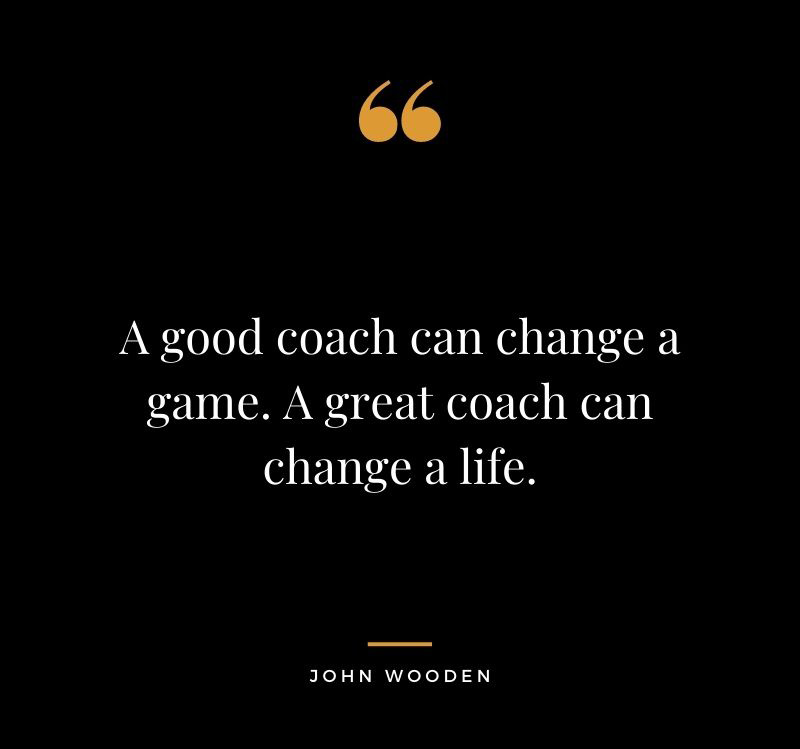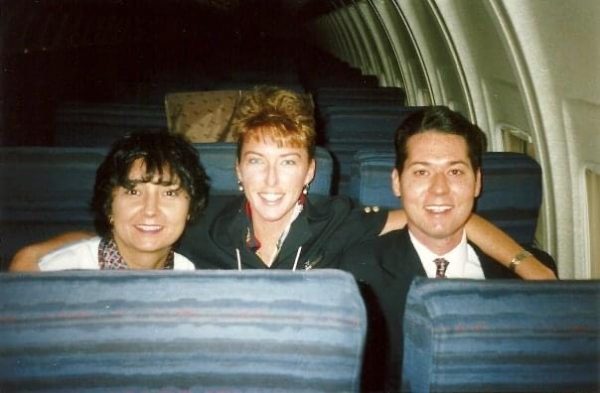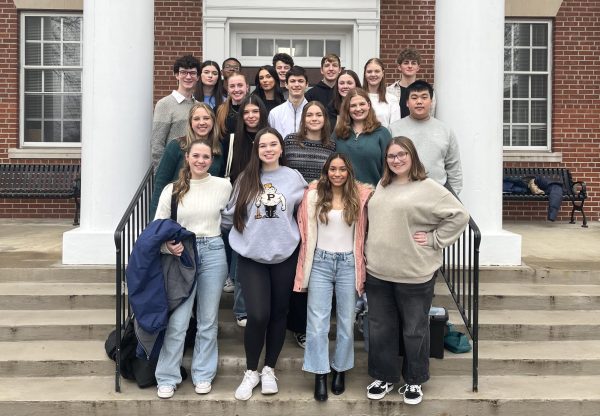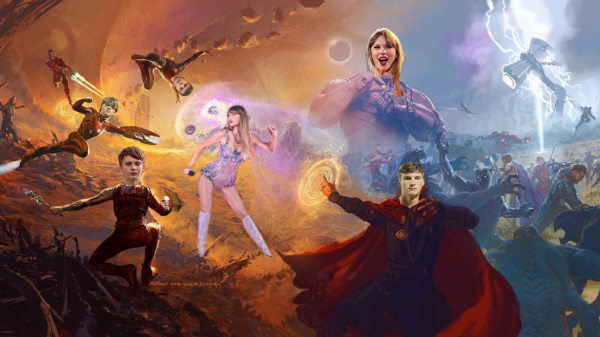What makes a great coach
Biologically producing a child doesn’t make one a good parent, and knowing a sport doesn’t automatically make one a good coach.
What qualities are common in great coaches? Let’s turn to some of our student athletes to hear what they believe makes a great coach and what doesn’t make a great coach.
“Someone that pushes you and motivates you. A coach that helps you on and off the court to become a better person.” -Star combo guard Jerone Morton
“A great coach is someone who actually cares about your academic performance and about your performance on the court and someone who tries to get you to the next level.” -Post guard Brook Taylor
“A great coach to me is someone who is motivating, respectful, understanding and consistent.” -Cheerleader Mallory Weistroffer
“A great coach is someone who doesn’t talk down on their kids and pushed them to do better” -Shooting guard Reshaun Hampton
“What makes a good coach is someone who is trustworthy, reliable and pushes you positively with only the best intentions. But it’s not someone who is two-faced or is biased towards another group/individual that wants the best for those particular people.” -Cheerleader Macy Daniel
Fairness is at the top of the list. If you want to be a great coach, just be fair. We might not like every decision you make, but we will respect fairness. Don’t have one set of rules for some and another set for others. Have clear rules and enforce them equally. If you turn your head when certain members of your team are disrespectful and kick another off the team for nothing more than any other has done, you have lost the respect of your team.
Taken from “The Professional Coach, Coaching Application,” this article by Matt Swift hits the nail on the head with another important piece of the puzzle and that is leadership. “Leadership is the attribute that gets the athlete to do the work they need to do. Getting people to consistently comply with the program is a major challenge and probably the single-most significant factor driving the athletes success.”
Regarding leadership, Swift goes on to say, “Leadership is also about managing the dynamics and interactions of the group over time and motivating people to want the things they need most to progress. The reality of coaching is that people are often volatile, and many elements need to be managed to prevent athletes from drifting away from the program and group. Great leadership keeps the group cohesive and athletes purposefully working towards their goals.”
Becoming a great coach doesn’t happen overnight anymore than being a great player or athlete happens instantaneously. Becoming a great coach is an on-going process.
In closing, here is my two cents worth of advice for coaches… Be a leader, listen and learn, know your team, know your athletes, invest in relationships, set the bar high but be fair and above all, lead by example.
If you want your athletes to show you respect, then model that respect in how you treat your athletes. Swift sums it up best when he says, “great coaches are not magicians, and they are forged through learning, practice and experience. They become great because they strive to be great. At the deepest level, the coach’s ability to change others for the better is directly correlated with their ability to change themselves first.”
The fact of the matter is coaches have great power; this can be good or it can be dangerous. Every coach impacts the lives of their athletes, some for the better, others for the worse.
Coaches have the power to build up or tear down; they can elevate the athletes to greatness or they can destroy confidence and leave lasting scars that will never be forgotten
Thank you to all the “great coaches” – the ones that have invested more than just their time, for the purpose of more than just a trophy. Your investment has not gone unnoticed!
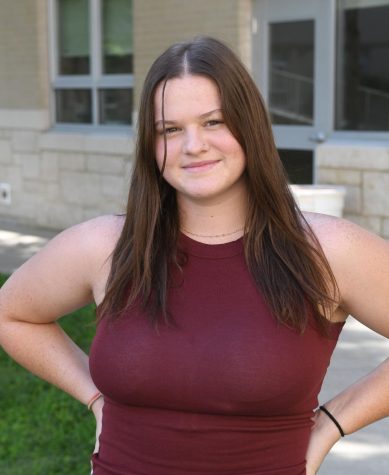
Maddie likes Don Señor because they don’t charge for cheese on the rice. If she could live in a movie, it would be Descendants, because she would want a power and to live in a perfect world like that....


